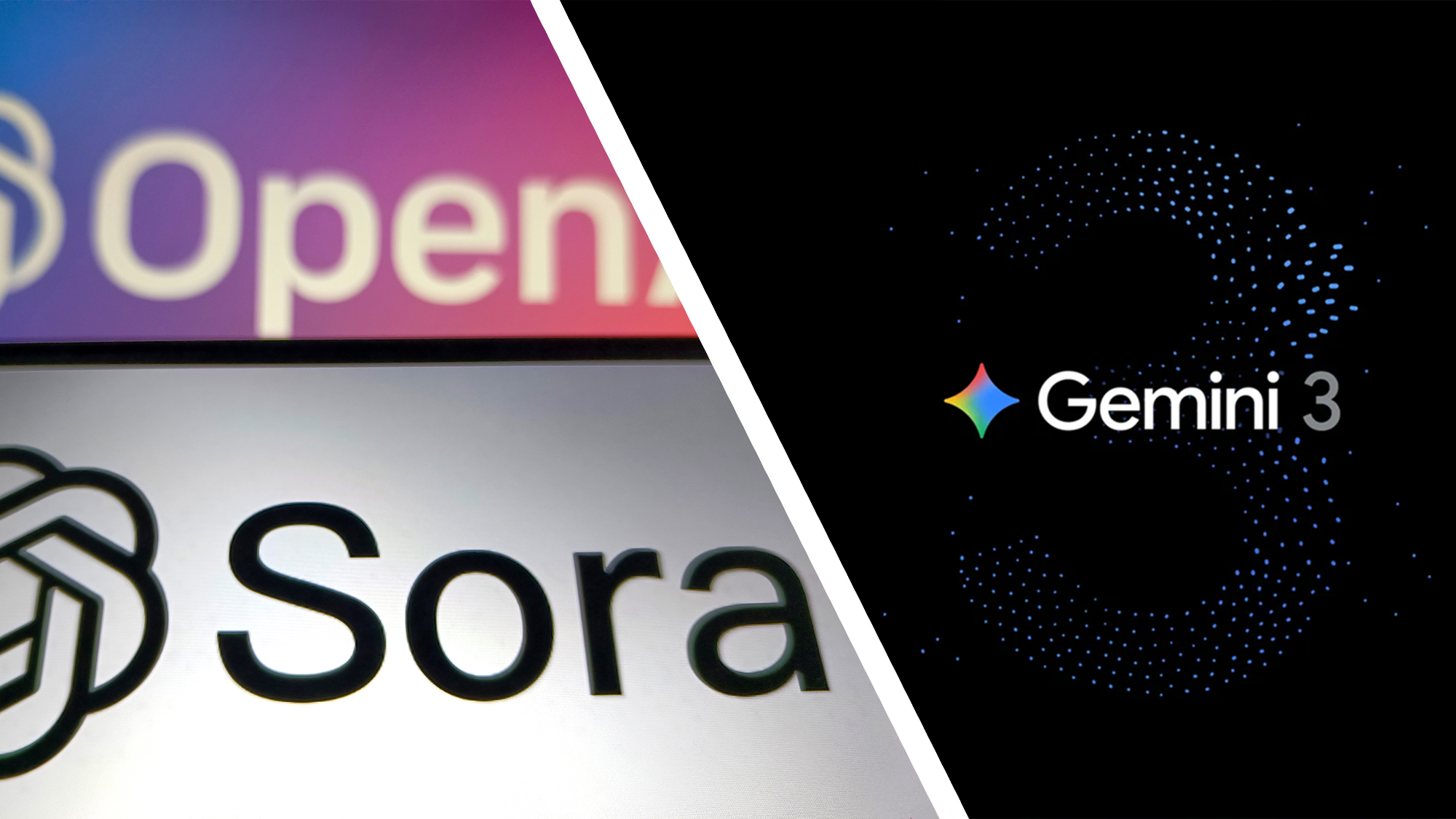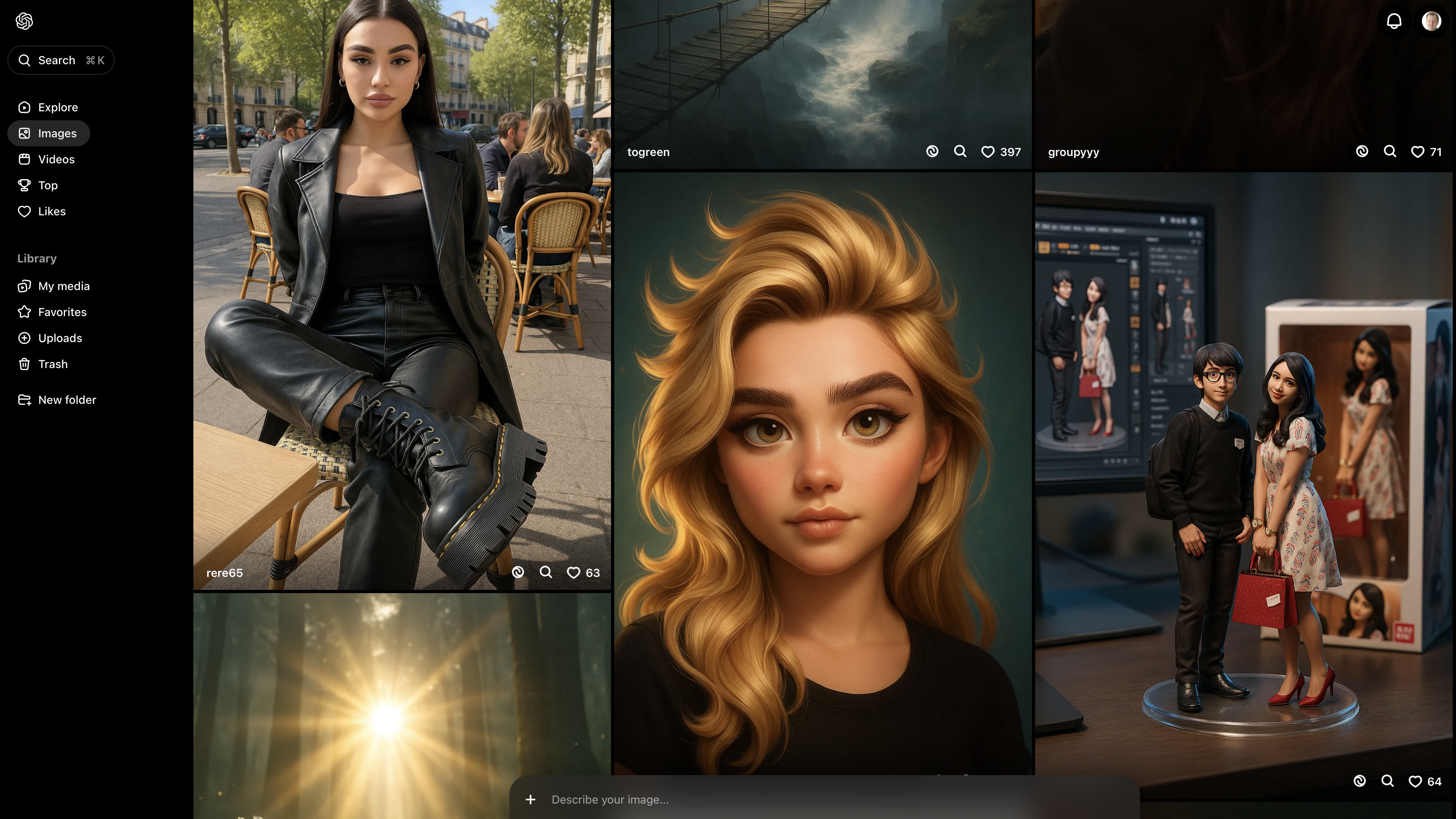OpenAI and Google quietly limit free Sora, Nano Banana Pro and Gemini 3 Pro use – here’s what it means for you
You get less daily prompts and video generations now

Sign up for breaking news, reviews, opinion, top tech deals, and more.
You are now subscribed
Your newsletter sign-up was successful
- OpenAI reduces Sora to 6 video generations for free users
- Google has downgraded Gemini 3 Pro limits for free users
- Nano Banana Pro image-generation limit also reduced
If you’ve been using Sora or Gemini 3 Pro on a free plan, things just got a little bit tighter. Both OpenAI and Google have quietly cut back how many prompts, videos and images free users can generate, as demand surges and GPU costs skyrocket.
In short: you’re getting less access than you did even a week ago.
Here’s what’s happening: OpenAI is limiting access to Sora 2, its AI video generation tool, to just six generations a day for free users, and Google has removed its promise of five prompts per day on Gemini 3 Pro and reduced image generations, with Nano Banana Pro down to just two a day for free users.
“Our GPUs are melting!”
Bill Peebles, head of Sora at OpenAI, tweeted: “Our GPUs are melting and we want to let as many people access Sora as possible!” He continued: “We’re setting usage limits for free users to 6 generations a day.”
we’re setting usage limits for free users to 6 gens/day. chatgpt plus and pro users have unchanged limits, and everybody can purchase additional gens as needed. our gpus are melting, and we want to let as many people access sora as possible!November 28, 2025
The “melting GPUs” line refers to the massive compute demand caused by Sora videos. Video and image generation is far more power-hungry than text, so rationing the number of videos free users can create should give OpenAI’s servers some downtime.
ChatGPT Plus and Pro users have unchanged limits, and Peebles says “everybody can purchase additional generations as needed.” Of course, paying for video generations isn’t going to appeal to people on the free plan.
Gemini 3 Pro limits
Gemini 3 Pro, which launched last week for all Gemini users, initially offered up to five prompts a day for free users, and up to three images a day via its associated Nano Banana Pro image generator. This allocation matched what free users received with the previous Gemini 2.5 Pro model.
Sign up for breaking news, reviews, opinion, top tech deals, and more.
Now, however, Google has announced, via a support article, that it's changing its prompt allocation for Gemini Pro. It no longer shows a daily prompt number, instead saying free users will receive “basic access – daily limits may change frequently.” Image generation and editing with Nano Banana Pro is now fixed at two images per day.
For users on a Google AI Plan, nothing has changed – you still get up to 100 prompts a day on Google AI Pro and up to 500 prompts a day on Google AI Ultra.

A gentle nudge
The simultaneous clampdowns from Google and OpenAI might be a coincidence, but they could also be an early sign of a maturing AI industry wrestling with the huge compute costs required for prompt, image and video generation.
I wouldn’t be surprised if, over the next year, we saw more of these small nudges pushing people toward paid plans, as business models start catching up with the reality of the cost of running modern AI websites.
With demand exploding, GPUs overheating, and AI companies gently steering us toward paid tiers, the market could be shifting. The AI tools aren’t going anywhere, but your days of generous free access to top-tier models may be numbered.
Follow TechRadar on Google News and add us as a preferred source to get our expert news, reviews, and opinion in your feeds. Make sure to click the Follow button!
And of course you can also follow TechRadar on TikTok for news, reviews, unboxings in video form, and get regular updates from us on WhatsApp too.

➡️ Read our full guide to the best Bluetooth speakers
1. Best overall:
JBL Flip 7
2. Best cheap:
JBL Clip 5
3. Best high-end option:
Bang & Olufsen A1 3rd Gen
4. Best party speaker:
Tribit Stormbox Blast 2

Graham is the Senior Editor for AI at TechRadar. With over 25 years of experience in both online and print journalism, Graham has worked for various market-leading tech brands including Computeractive, PC Pro, iMore, MacFormat, Mac|Life, Maximum PC, and more. He specializes in reporting on everything to do with AI and has appeared on BBC TV shows like BBC One Breakfast and on Radio 4 commenting on the latest trends in tech. Graham has an honors degree in Computer Science and spends his spare time podcasting and blogging.
You must confirm your public display name before commenting
Please logout and then login again, you will then be prompted to enter your display name.